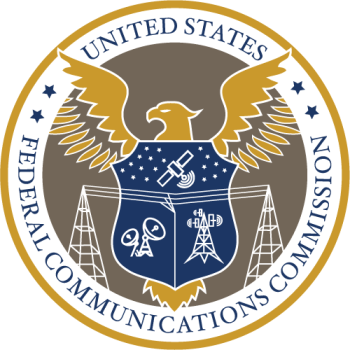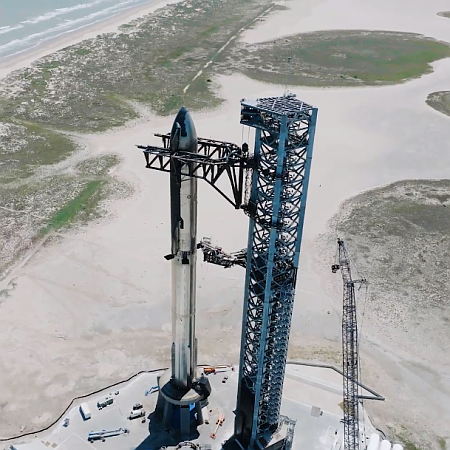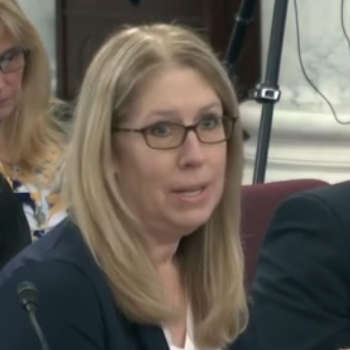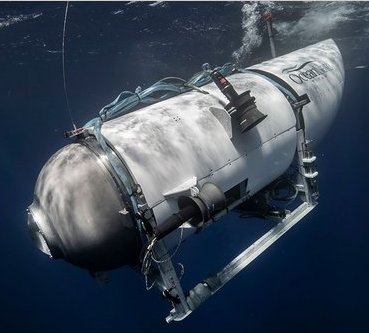Senate approves Biden’s FCC nominee, giving him a Democrat majority on FCC

The FCC, now controlled by the
power-hungry Democratic Party
Failure theater: The Senate yesterday voted 55 to 43 to approve Biden’s Federal Communications Commission (FCC) nominee, Anna Gomez, thus giving the Democrats a 4 to 3 majority on the Commission.
This was Biden’s second nominee to the commission, with the first withdrawn when it was clear the Senate opposed the nominee.
Biden tried again in May with the nomination of Gomez, a State Department digital policy official who was previously deputy assistant secretary at the US National Telecommunications and Information Administration (NTIA) from 2009 to 2023. A lawyer, Gomez was vice president of government affairs at Sprint Nextel from 2006 to 2009 and before that spent about 12 years at the FCC in several roles.
Gomez got through the confirmation process with relative ease, though most Republicans voted against her. Both parties seem to expect the FCC to reinstate net neutrality rules now that Democrats will have a majority.
Imposing net neutrality is essentially socialism/communism for the internet. It will squash competition, cost a fortune, and eventually be used as well to squelch dissent online (which translates into silencing conservatives).
From the perspective of space, the majority on the FCC is likely very bad news as well, for several reasons. » Read more

The FCC, now controlled by the
power-hungry Democratic Party
Failure theater: The Senate yesterday voted 55 to 43 to approve Biden’s Federal Communications Commission (FCC) nominee, Anna Gomez, thus giving the Democrats a 4 to 3 majority on the Commission.
This was Biden’s second nominee to the commission, with the first withdrawn when it was clear the Senate opposed the nominee.
Biden tried again in May with the nomination of Gomez, a State Department digital policy official who was previously deputy assistant secretary at the US National Telecommunications and Information Administration (NTIA) from 2009 to 2023. A lawyer, Gomez was vice president of government affairs at Sprint Nextel from 2006 to 2009 and before that spent about 12 years at the FCC in several roles.
Gomez got through the confirmation process with relative ease, though most Republicans voted against her. Both parties seem to expect the FCC to reinstate net neutrality rules now that Democrats will have a majority.
Imposing net neutrality is essentially socialism/communism for the internet. It will squash competition, cost a fortune, and eventually be used as well to squelch dissent online (which translates into silencing conservatives).
From the perspective of space, the majority on the FCC is likely very bad news as well, for several reasons. » Read more







